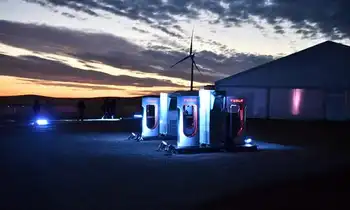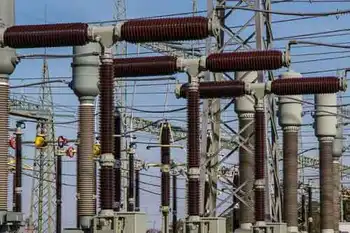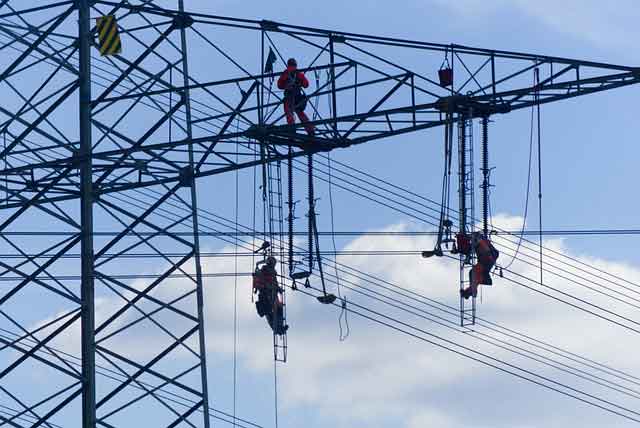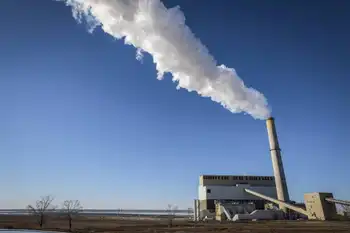Coal should be a warming concern: scientists
By Reuters
High Voltage Maintenance Training Online
Our customized live online or in‑person group training can be delivered to your staff at your location.

- Live Online
- 12 hours Instructor-led
- Group Training Available
Global warming scenarios are based on oil reserves, but those reserves will have less impact on global climate than the extent to which liquefied coal replaces oil and gas, scientists said at a meeting of the American Geophysical Union in San Francisco.
"Oil and gas by themselves don't have enough carbon to keep us in the dangerous zone for very long by themselves, but that's assuming we do something about coal," Pushker Kharecha, a researcher for the U.S. space agency NASA and Columbia University in New York.
Estimates vary, but coal is the most abundant fossil fuel, and countries like China and the United States are looking at liquefaction technology. Many industries in South Africa already use liquefied coal.
In 2007, Illinois Democratic Sen. Barack Obama and Kentucky Republican Jim Bunning introduced legislation that would set the stage for large-scale production of transportation fuels from coal. Bunning and president-elect Obama come from state with prodigious coal supplies.
Liquefied coal releases 40 percent more carbon dioxide than oil when burned, said Ken Caldeira, a scientist at the Carnegie Institution of Washington.
"Addressing the climate problem means addressing the coal problem," he said. "Whether there's a little more oil or a little less oil will change the details, but if we want to change the overall shape of the warming curve, it matters what we do with coal."
Caldeira said his climate models show that if all oil used in the world is replaced with liquefied coal, global temperatures will rise 2 degrees Celsius (3.6 degrees Fahrenheit) by 2042, three years sooner than if oil remains a staple.
If oil is replaced with solar, wind, or nuclear power, temperatures will rise 11 years later.
Many scientists believe high levels of atmospheric carbon dioxide lead to warming and effects like melting glaciers, thawing permafrost, ocean acidification and latitudinal shifts in climate.
Current atmospheric carbon dioxide levels are 385 parts per million and rising at a rate of about 2 parts per million (ppm) year as a result of burning coal, oil, and gas, the researchers said.
The generally accepted threshold for atmospheric carbon dioxide is 450 ppm. But scientists today said that number should be 350 ppm.
Climate change is a slow process, Kharecha said, and the effects may take decades and centuries to show up.
"There are currently more than enough fossil fuels and coal to push us well past safe atmospheric CO2 levels," he said.
None of the models presented at the session included carbon dioxide emissions from unconventional fossil fuels like tar sands, methane hydrates or oil shale.
Representatives from the liquefied coal industry could not be immediately reached for comment. In February, Robert Kelly of DKRW Advanced Fuels, which is building a liquefied coal production facility in Wyoming, told Reuters, "liquefied coal could be a huge fuel source for the next 50 years if we do it responsibly." He said coal emissions could be safely captured and stored underground.











